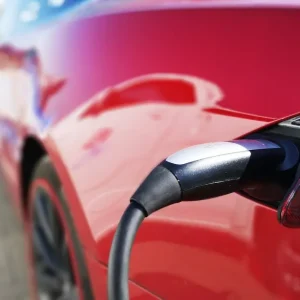Advice on helping fleet decision makers cope with political and economic turmoil will be available at training organisation ICFM’s annual members conference.
The event, entitled Fleet Resilience – Managing Uncertainty in the Current Climate, will take place at London’s Wembley Stadium on 21 May.
Experts from different organisations working with and advising fleets, including the government, will focus on how the right decisions can be made by managers amid issues such as Brexit, a possible general election, and matters that directly affect vehicle operation like company car BIK rates, clean air zones and the development of plug-in vehicles.
The confirmed list of speakers includes: Nick Molden of Emissions Analytics, Harvey Perkins of Gunnercooke Consulting, Josey Wardle of Zero Carbon Futures, Jon Hunt of Toyota, Dominic Phinn of Clientearth, Phil Kilingley of the government’s Office for Low Emission Vehicles, and Justin Patterson of Addison Lee.
Football commentator John Motson will be the celebrity guest speaker.
The event, which will also include the presentation of awards to those who have completed ICFM training courses, is being sponsored by Hitachi Capital Vehicle Solutions and Sytner Group, with additional support from AX, Epyx, Jaama, Selsia Vehicle Accident Centres and TMC.
ICFM director Peter Eldridge said: “The conference focus this year is firmly on providing fleet operators with an insight into making the right strategic decisions in what is proving to be perhaps the most challenging period in fleet history.
“The evolution of the fleet sector is becoming ever more rapid and without the skills that ICFM training provides, and the ability to quiz industry experts at the annual ICFM conference, fleet decision makers could find themselves making poor decisions that will impact on the operating efficiency and effectiveness of their vehicles and businesses.
“Conference speakers will tackle a plethora of major issues that confront fleet decision makers, providing insight to ensure company car and commercial vehicle operations remain cost-effective and operationally efficient.”





